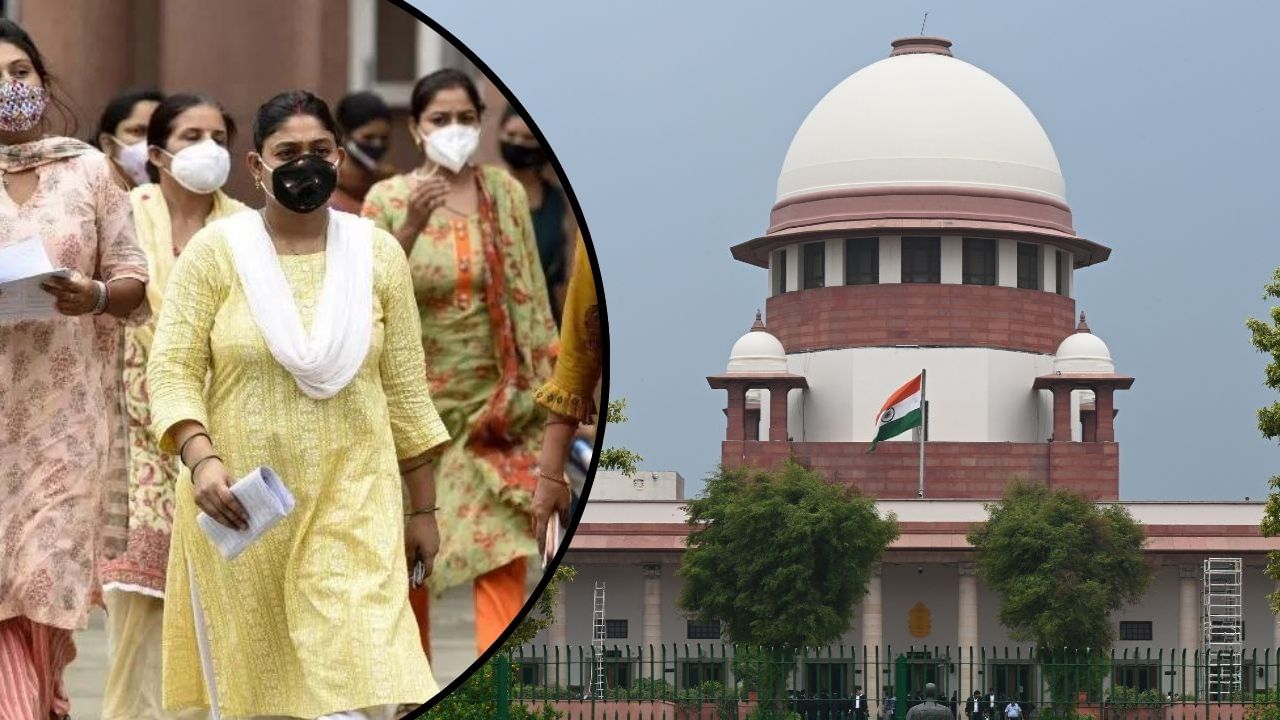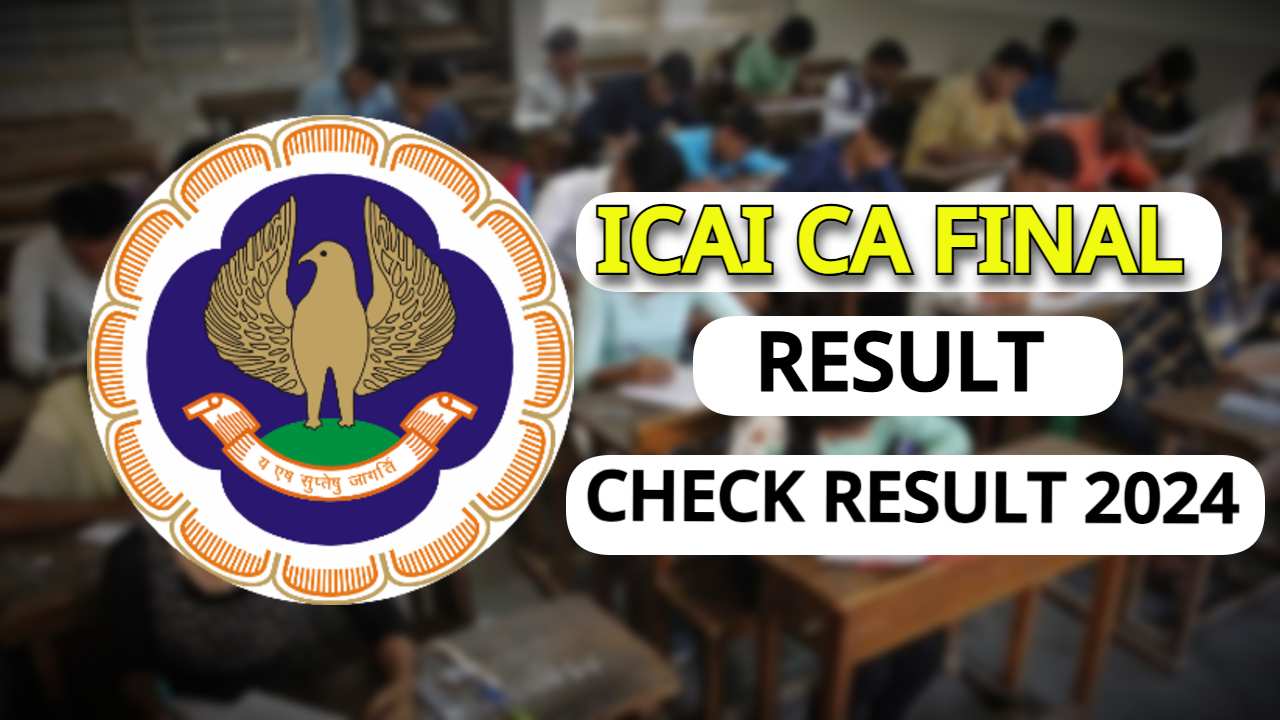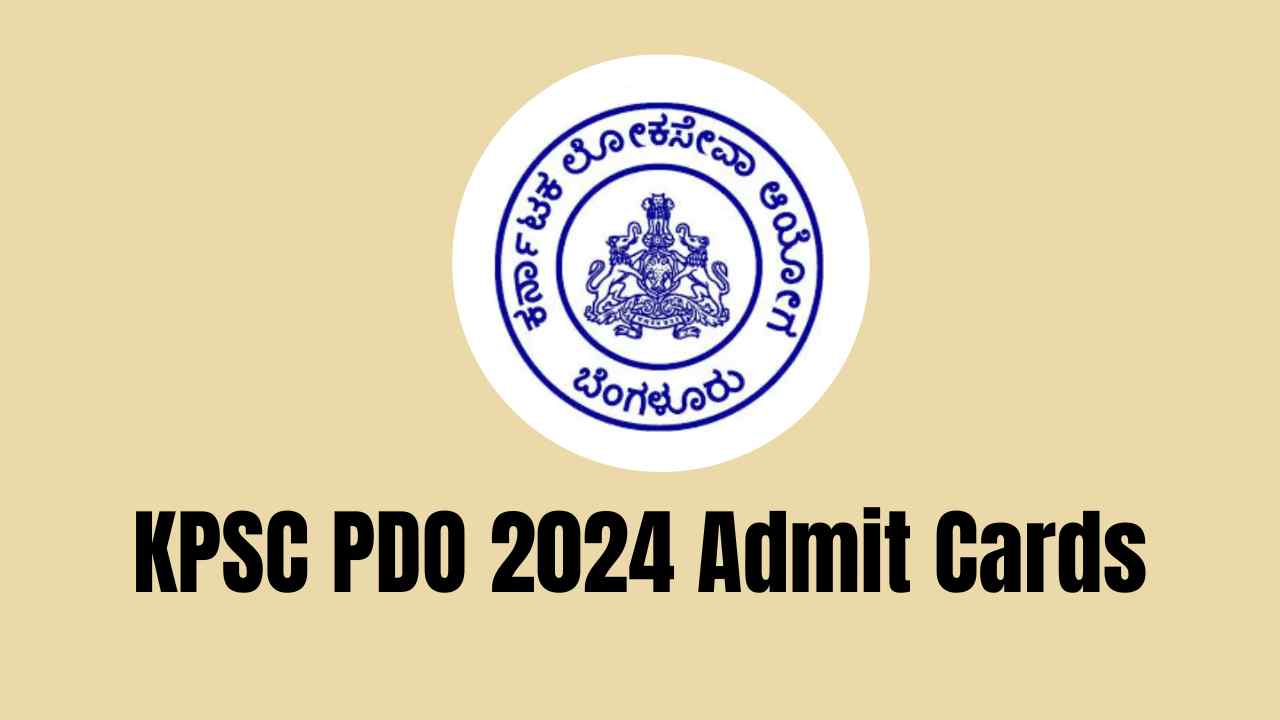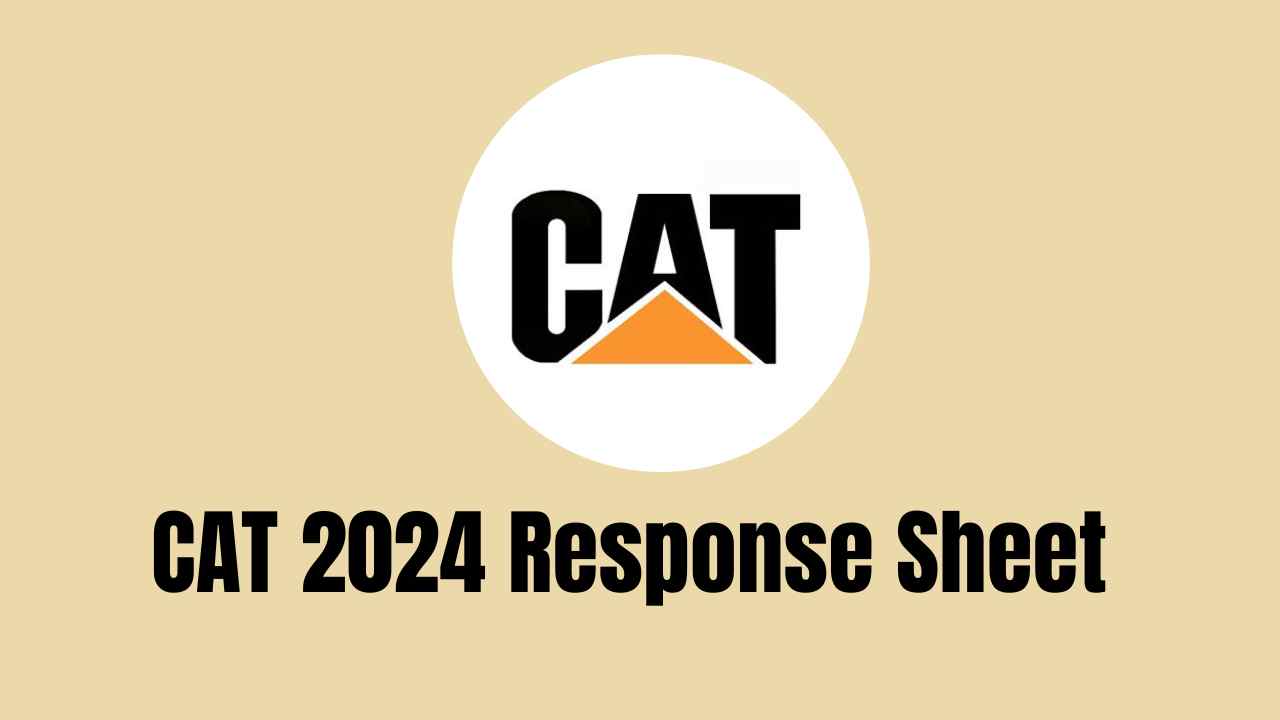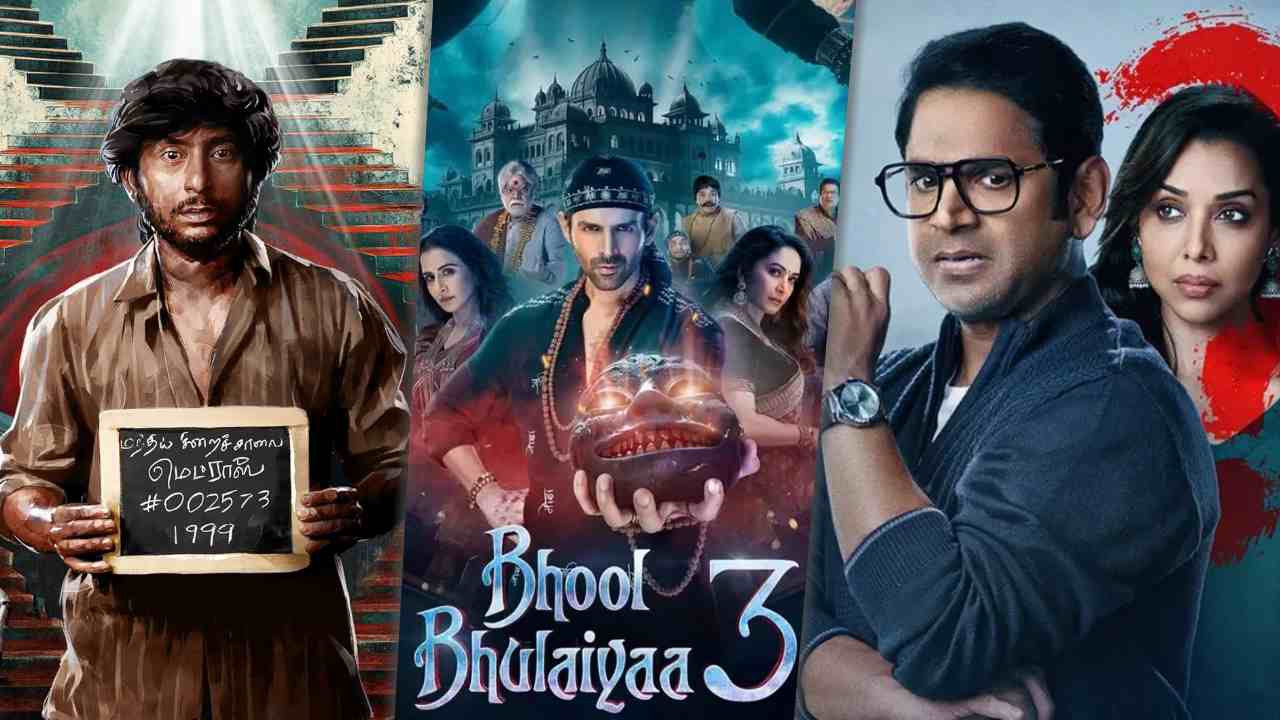The ongoing Uttar Pradesh 69000 teacher recruitment case is a significant matter affecting the future of many educators. Recently, the Supreme Court intervened by staying the order issued by the Lucknow Bench of the Allahabad High Court, which had mandated the cancellation of the teacher recruitment merit list. This development raises pressing questions about the job security of the recruited teachers. Will they retain their positions, or are they at risk of losing their jobs?
Current Scenario Post-Supreme Court Ruling
The Supreme Court has indicated that it will revisit the case, instructing the state government, headed by Chief Minister Yogi Adityanath, along with all involved parties, to submit their arguments in writing. Chief Justice DY Chandrachud emphasized that the final decision on the matter will be made during the next scheduled hearing, set for September 25. Until then, the earlier ruling from the High Court is on hold, providing a temporary relief for the teachers caught in this legal turmoil.
Concerns Over Job Security
While the immediate threat to the jobs of the recruited teachers may have been alleviated, uncertainty looms large. Thousands of educators, many of whom have been serving for over four years, are anxious about their futures. The prospect of job losses is a cause for concern not only for the teachers but also for the state government, which may face public outcry and protests if these educators are suddenly removed from their positions.
Background: High Court’s Decision
The legal controversy centers around allegations of a reservation scam affecting 19,000 teacher positions, as identified by the Lucknow Bench of the Allahabad High Court. The court previously ordered the government to revoke the existing recruitment list and create a new one within three months, adhering to the Reservation Rules of 1981 and 1994. Following this ruling, the government agreed to establish a new merit list, heightening fears among previously selected teachers about job security, particularly those whose selections allegedly did not comply with established reservation protocols.
The Underlying Issues and Protests
The sequence of events began with the UP government announcing the recruitment of teachers for 69,000 positions, with examinations conducted in January 2019. Controversy erupted when candidates claimed that a reservation scam had affected thousands of slots. There were serious concerns about the distribution of reservation categories. For instance, candidates belonging to the Other Backward Classes (OBC) argued they should have received a 27% reservation but were allocated only 3.86%. Similarly, candidates from the Scheduled Caste (SC) category should have received 21% but were granted only 16.6%. This discrepancy sparked widespread protests, leading to the legal dispute that has now reached the Supreme Court.
Understanding Reservation Rules
According to the Basic Education Rules of 1981, candidates from the OBC category who exceed the cutoff marks for the general category are eligible for a job under the unreserved category, thus losing their reservation claims. Unfortunately, this rule was reportedly ignored in the process of the UP 69000 teacher recruitment, leading to significant unrest among candidates. The ongoing legal battle illustrates the complexities and challenges associated with the implementation of reservation policies in education and employment.
In conclusion, while the Supreme Court’s stay provides temporary relief for the recruited teachers, the final outcome remains uncertain. As the next court hearing approaches, all eyes will be on the judiciary’s decision, which will have lasting implications for the lives of thousands of teachers and the education landscape in Uttar Pradesh.

